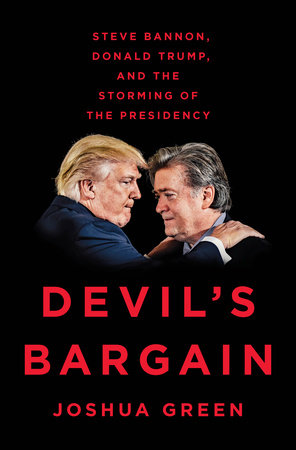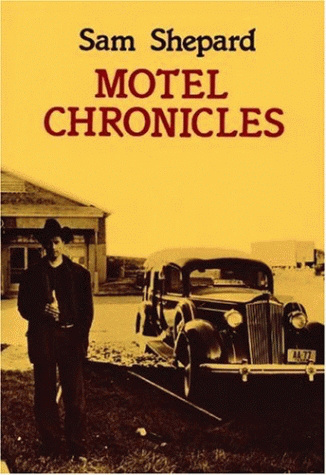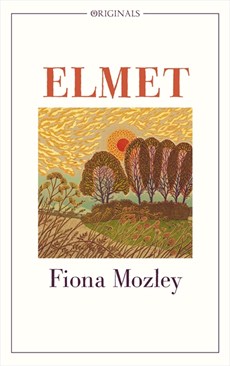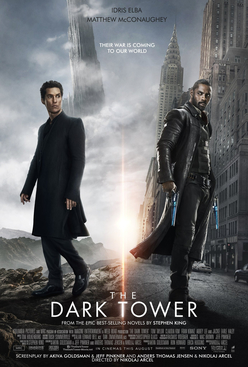When the air turns cool, it’s a reminder to cinephiles that it’s time to hie themselves back to the local movieplex, since it’s time for films to start bum-rushing movies out of the way. The Oscars and Golden Globes are coming, after all.
There’s a lot to look forward to. A Rosemary’s Baby homage from Darren Aronofsky, Gary Oldman doing Winston Churchill, Blade Runner 2049, Daniel Day-Lewis’s last role ever (he claims), and James Franco’s behind-the-scenes take on The Room, not to mention new flicks from Steven Spielberg, Alexander Payne, and George Clooney.
My fall movie preview, with plenty of trailers, is at PopMatters.
















You must be logged in to post a comment.